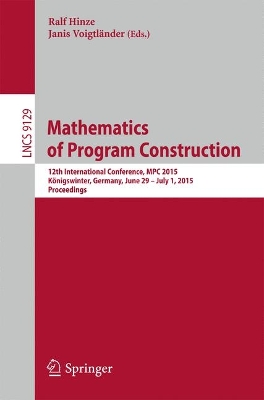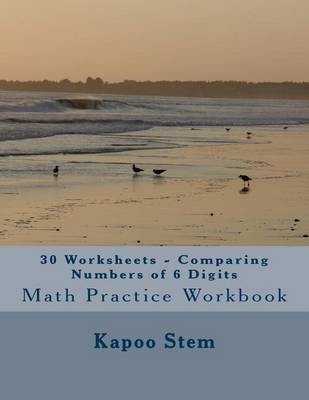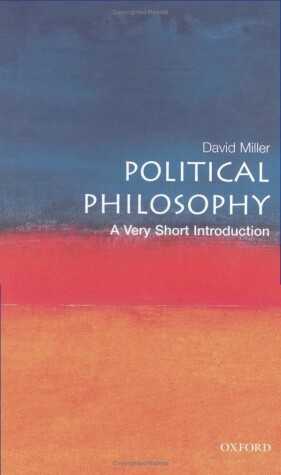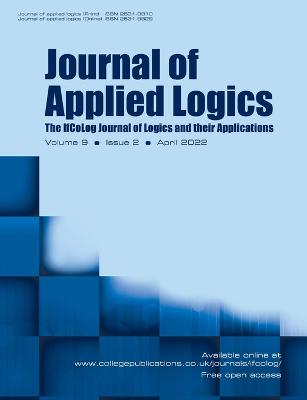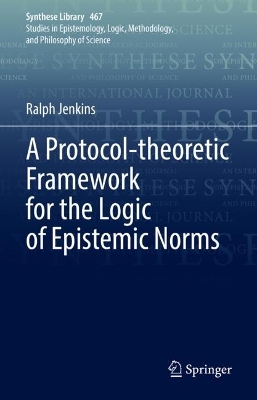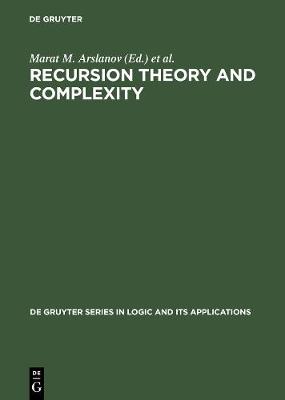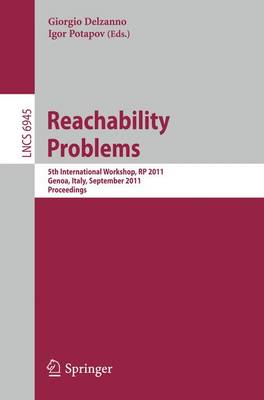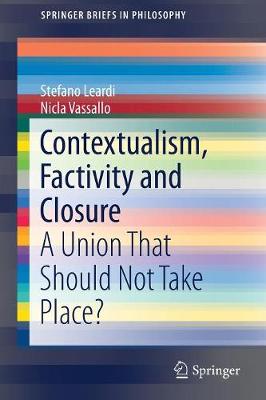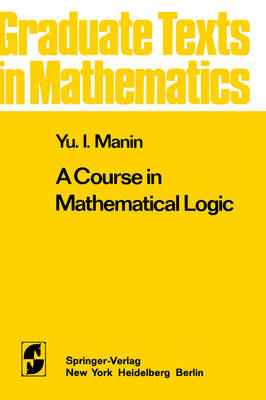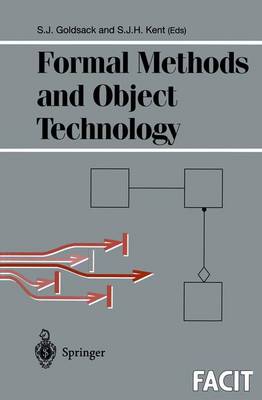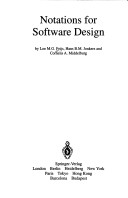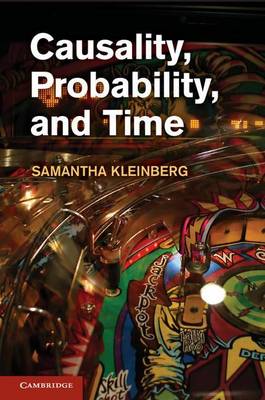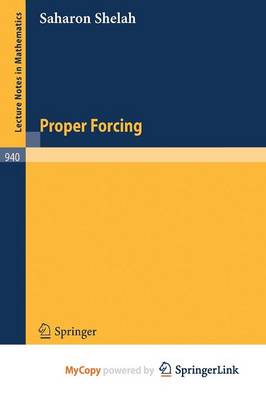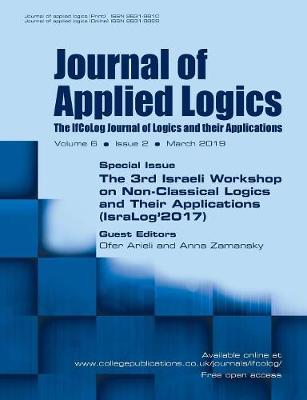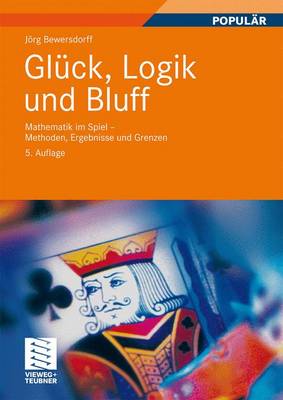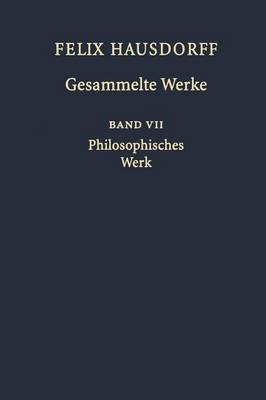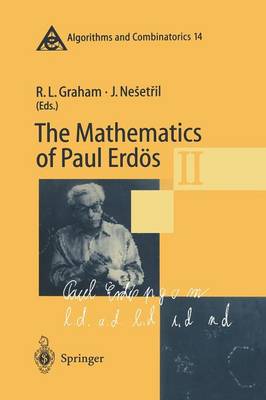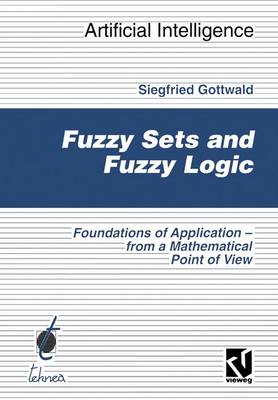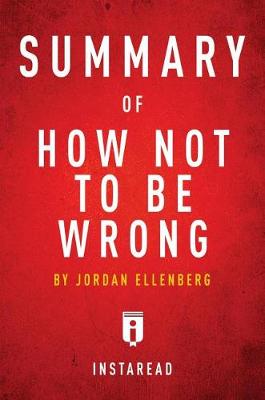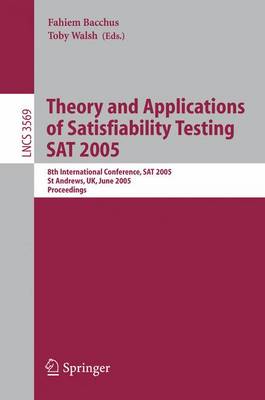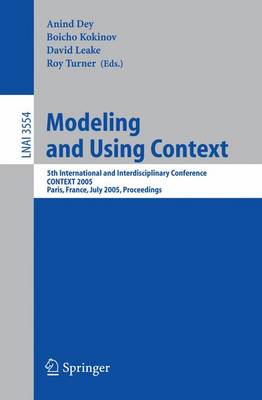This book constitutes the refereed proceedings of the 12th International Conference on Mathematics of Program Construction, MPC 2015, held in Königswinter, Germany, in June/July 2015. The 15 revised full papers presented together with two invited talks were carefully reviewed and selected from 20 submissions. The papers are about mathematical methods and tools put to use in program construction. They range from algorithmics to support for program construction in programming languages and systems...
30 Worksheets - Comparing Numbers of 6 Digits (30 Days Math Number Comparison, #6)
by Kapoo Stem
Journal of Applied Logics. The IfCoLog Journal of Logics and their Applications, Volume 9, Issue 2, April 2022
A Protocol-theoretic Framework for the Logic of Epistemic Norms (Synthese Library, #467)
by Ralph Jenkins
This book defines a logical system called the Protocol-theoretic Logic of Epistemic Norms (PLEN), it develops PLEN into a formal framework for representing and reasoning about epistemic norms, and it shows that PLEN is theoretically interesting and useful with regard to the aims of such a framework. In order to motivate the project, the author defends an account of epistemic norms called epistemic proceduralism. The core of this view is the idea that, in virtue of their indispensable, regulative...
Coordination of Large-Scale Multiagent Systems (Topics in Current Physics; 47)
by P Scerri
Challenges arise when the size of a group of cooperating agents is scaled to hundreds or thousands of members. In domains such as space exploration, military and disaster response, groups of this size (or larger) are required to achieve extremely complex, distributed goals. To effectively and efficiently achieve their goals, members of a group need to cohesively follow a joint course of action while remaining flexible to unforeseen developments in the environment. Coordination of Large-Scale Mul...
Recursion Theory and Complexity (De Gruyter Series in Logic & its Applications, #2)
The series is devoted to the publication of high-level monographs on all areas of mathematical logic and its applications. It is addressed to advanced students and research mathematicians, and may also serve as a guide for lectures and for seminars at the graduate level.
Reachability Problems (Lecture Notes in Computer Science, #6945)
by Giorgio Delzanno
Contextualism, Factivity and Closure (SpringerBriefs in Philosophy)
by Stefano Leardi and Nicla Vassallo
This book analyses an inconsistency within epistemic contextualism known as the factivity problem. It also provides key insights into epistemic contextualism, an important innovation in contemporary epistemology, enabling readers to gain a better understanding of the various solutions to the factivity problem. As the authors demonstrate, each explanation is based on a different interpretation of the problem. Divided into seven chapters, the book offers comprehensive coverage of this topic, wh...
A Course in Mathematical Logic (Graduate Texts in Mathematics, #53)
by Yuri I. Manin and Neal Koblitz
This book is a text of mathematical logic on a sophisticated level, presenting the reader with several of the most significant discoveries of the last 10 to 15 years, including the independence of the continuum hypothesis, the Diophantine nature of enumerable sets and the impossibility of finding an algorithmic solution for certain problems. The book contains the first textbook presentation of Matijasevic's result. The central notions are provability and computability; the emphasis of the presen...
Formal Methods and Object Technology (Formal Approaches to Computing and Information Technology (FACIT))
Rationale Software engineering aims to develop software by using approaches which en able large and complex program suites to be developed in a systematic way. However, it is well known that it is difficult to obtain the level of assurance of correctness required for safety critical software using old fashioned program ming techniques. The level of safety required becomes particularly high in software which is to function without a break for long periods of time, since the software cannot be r...
Notations for Software Design (Workshops in Computing)
by L. M. G. Feijs and Loe M G Feijs
Proper Forcing (Lecture Notes in Biomathematics, #940) (Lecture Notes in Mathematics, v. 940)
by Saharon Shelah
Journal of Applied Logics - The IfCoLog Journal of Logics and their Applications
Band VII der Hausdorff Edition widmet sich dem philosophischen Werk F. Hausdorffs. Der Band enthalt den Aphorismenband "Sant' Ilario. Gedanken aus der Landschaft Zarathustras", das erkenntniskritische Buch "Das Chaos in kosmischer Auslese" sowie drei bemerkenswerte Essays uber Nietzsches Werke - alle unter dem Pseudonym Paul Mongre veroeffentlicht. Die beiden Bucher werden sehr eingehend kommentiert. In einer historischen Einfuhrung des Herausgebers wird Hausdorffs philosophisches Werk in die G...
The Mathematics of Paul Erdos (Algorithms and Combinatorics, #14)
This is the most comprehensive survey of the mathematical life of the legendary Paul Erdos, one of the most versatile and prolific mathematicians of our time. For the first time, all the main areas of Erdos' research are covered in a single project. Because of overwhelming response from the mathematical community, the project now occupies over 900 pages, arranged into two volumes. These volumes contain both high level research articles as well as "key" articles which survey some of the cornersto...
Fuzzy Sets and Fuzzy Logic (Computational Intelligence) (Artificial Intelligence)
by Siegfried Gottwald
Methods from Fuzzy Logic since the end of the 80th were the sources for remarkable applications of computer modelling in fields which before looked essentially inaccessible. The main tool for that, the fuzzy controllers - a method of rule based rough modelling using fuzzy information - is presented in this book and investigated from a mathematical point of view. The basic notions from fuzzy set theory and many-valued logic are explained in detail, and a theory of fuzzy equations and systems of t...
Logic Colloquium 2004 (Lecture Notes in Logic)
The Annual European Meeting of the Association for Symbolic Logic, generally known as the Logic Colloquium, is the most prestigious annual meeting in the field. Many of the papers presented there are invited surveys of recent developments, and the rest of the papers are chosen to complement the invited talks. This volume includes surveys, tutorials, and selected research papers from the 2004 meeting. Highlights include a tutorial survey of the recent highpoints of universal algebra, written by a...
Theory and Applications of Satisfiability Testing (Lecture Notes in Computer Science, #3569)
by Fahiem Bacchus
The 8th International Conference on Theory and Applications of Satis?ability Testing(SAT2005)providedaninternationalforumforthemostrecentresearch on the satis?ablity problem (SAT). SAT is the classic problem of determining whether or not a propositional formula has a satisfying truth assignment. It was the ?rst problem shown by Cook to be NP-complete. Despite its seemingly specialized nature, satis?ability testing has proved to extremely useful in a wide range of di?erent disciplines, both from...
Modeling and Using Context (Lecture Notes in Computer Science, #3554) (Lecture Notes in Artificial Intelligence, #3554)
by Anind Dey
Context is of crucial importance for research and applications in many disciplines, as evidenced by many workshops, symposia, seminars, and conferences on specific aspects of context. The International and Interdisciplinary Conference on Modeling and Using Context (CONTEXT), the oldest conference series focusing on context, provides a unique interdisciplinary emphasis, bringing together participants from a wide range of disciplines, including artificial intelligence, cognitive science, computer...
